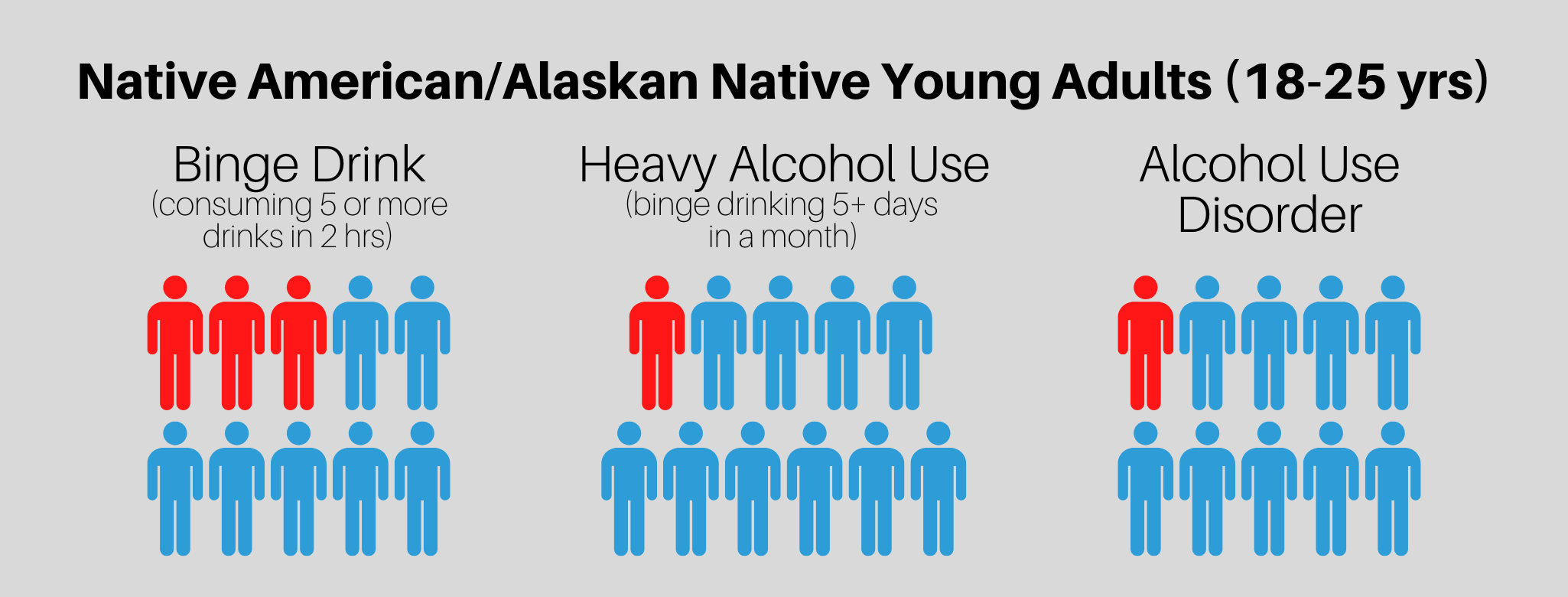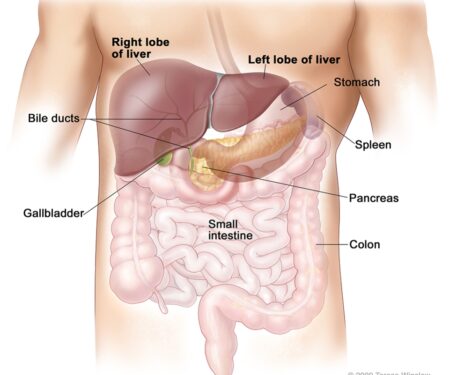Native American Health Concerns
The American Indian and Alaska Native people have long experienced lower health status when compared with other Americans. Lower life expectancy and the disproportionate disease burden exist, perhaps because of limited access to healthcare, disproportionate poverty, discrimination in the delivery of health services, and cultural differences. These are broad quality-of-life issues rooted in economic adversity and poor social conditions.
It has been speculated that American Indians and Alaska Natives born today have a life expectancy that is 5.5 years less than the U.S. all races population. It has also been studied that once diagnosed with a particular disease process, American Indians and Alaska Natives continue to die at higher rates than other Americans in many categories. These categories include diabetes mellitus and its complications, unintentional injuries, assault/homicide, intentional self-harm/suicide, and chronic lower respiratory diseases. As gastroenterologists, we see a disproportionate percentage of American Indians and Alaska natives succumb to complications from chronic liver disease and cirrhosis.
Liver Disease
Among American Indians and Alaska Natives, chronic liver disease is a leading cause of death. The overall death rate for American Indians/Alaska Natives is almost four times higher than the non-Hispanic white population. It is also astonishing that American Indian/Alaska Native women are 2.2 times as likely to be diagnosed with chronic liver disease and 4.8 times more likely to die from chronic liver disease as compared to non-Hispanic white women. While the cause is not always known, some cases can be initiated by conditions such as chronic alcoholism, obesity, and exposure to hepatitis B and C viruses.
Recent estimates from the American Addiction Centers (AAC) report that 3 in 10 Native American and Alaskan Native young adults (age 18-25) report binge drinking (consuming 5 or more drinks in 2 hours), 1 in 11 report heavy alcohol use (binge drinking on 5 or more days in the past month), and 1 in 10 have an alcohol use disorder. This places such individuals at risk for liver disease, possibly leading to cirrhosis, cancer of the liver, and possible death.
It is also estimated that American Indian or Alaska Native adults are 50 percent more likely to be obese than non-Hispanic whites. Not only does this increase their risks of high blood pressure, heart disease, and stroke; but increases their chances of non-alcoholic fatty liver disease, which is a common, yet often ignored, cause of liver disease and cirrhosis.
In 2020, over 15,000 death certificates among US residents listed hepatitis C as the underlying or contributing cause of death. American Indians/Alaskan Natives have historically experienced the highest age-adjusted hepatitis C-related mortality rates, relative to other race/ethnic groups, and the rate increased from 2016 to 2017.
Liver disease often causes few obvious symptoms in the early stages. It is thus important that individuals at high risk for liver disease be vigilant in having routine medical care to determine possible signs or symptoms of early liver disease. This may include changes in skin color, an increase in abdominal girth, or even fatigue. Abnormal liver tests on routine blood work and abnormal liver imaging would also warrant a prompt visit to your gastroenterologist.
We are committed to providing excellent care to all individuals at Digestive Health Specialists; especially those who are considered high risk for any particular disease process. Please contact us today to make your appointment!
By: Dr. Dhyan Rajan
He works at our King and Winston-Salem locations.
Learn more about him here: https://digestivehealth.ws/provider/dhyan-rajan-md/
Digestive Health Specialists, PA is here to help if you, or someone you know, would like more information, or if you are experiencing any digestive health symptoms and would like further evaluation. Feel free to give us a call at 336-768-6211 or fill out the form below.










